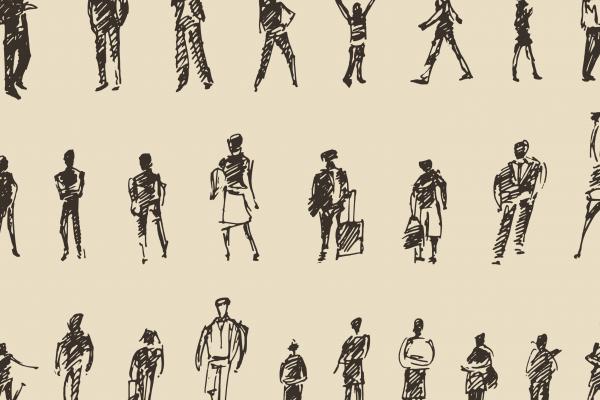Dec 22, 2017
2017 was a year in which people were all too often treated as means to an end.
Perhaps in 2018 we can inscribe a different kind of a lesson.
Read the Full Article

Already a subscriber? Login

2017 was a year in which people were all too often treated as means to an end.
Perhaps in 2018 we can inscribe a different kind of a lesson.
